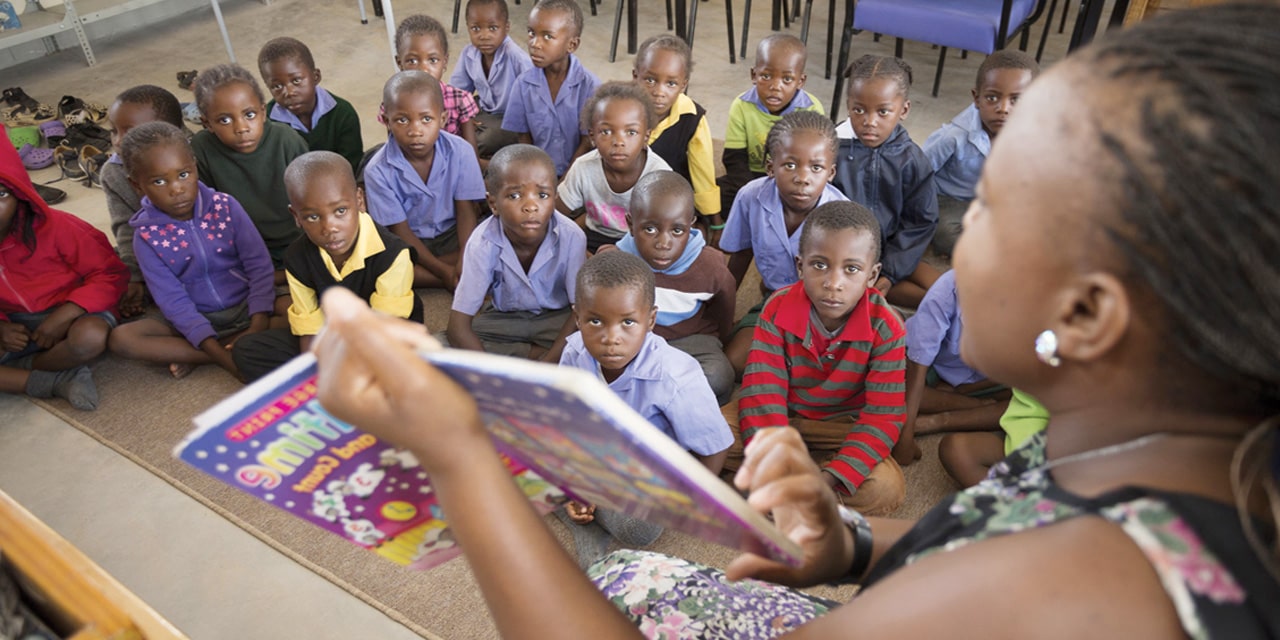Helena Johannes
The Ministry of Education, Arts and Culture is yet to pronounce itself on the matter of learners repeating their grades next year should they fail their end of the year assessments.
This comes after certain learners, particularly those in Khomas region, have not received any face-to-face teaching since schools were first closed during the state of emergency proclaimed by President Hage Geingob in March, with classes having only resumed this week.
Acting Director of Programmes and Quality Assurance at the Education Ministry, Ayesha Wentworth said the constant U-turns made by the Ministry since the beginning of the pandemic may have had a serious impact on the performance of learners this year.
“Personally, I think this pandemic had a serious impact on the mental health of our learners. The ministry has justified the curriculum for the academic year of 2020 to ensure that learners have carried on the basic competencies to be able to carry on to the next year and they will be assessed at the end of the year,” she told Windhoek Observer.
She added, “We looked at arguments from both sides, on what is feasible and what is not feasible, and the problem was repetition. If we keep them all, we will not have spaces for new intakes next year, so the ministry has not yet decided on what to do in this regard.
“The ministry will again embark within this coming two weeks with vigorous advocacy to erase some of the fears among parents, learners and teachers on the issue of returning to school. The Ministry will educate learners, especially those from rural areas who do not have access to technological platforms such as television on the matter of adhering to social distancing, wearing of masks all time and washing of hands,” Wentworth said.
This comes as 22 learners and some staff members recently tested positive at St Joseph’s Roman Catholic School in Windhoek, with health minister Kalumbi Shangula on Monday announcing that out of the 9,818 confirmed cases the country has recorded, 732 involve teachers, students and pupils in 12 regions.
Education Executive Director Sanet Steenkamp told the Windhoek Observer that the Ministry launched a desktop study regarding the advantages and disadvantages of repetition and transfer of learners in 2021.
“These are not matters that we can rush into without very carefully look into matters of human resources, physical infrastructure, the impact of the decision etc. We have done a lot of consultation as well and as a ministry will still have a workshop with key role players in the Ministry upon which further information sharing will take place with other relevant offices. Only then will we be able to pronounce the way forward,” she said.
Secretary General of Student Union of Namibia (SUN) Bernard Kavau said that the failure of learners this year should not be blamed on them as they did not receive enough and quality education due to the pandemic.
“Some teachers, especially in rural areas, are not well-trained on e-learning education and some learners did not manage to participate in online education due to lack of technological accessories such as smart phones and computers,” he told Windhoek Observer.
Kavau added, “We therefore recommend that all learners must be pushed to the next grades because all this was not their fault.” He said. He however does not support the returning of learners to school as some schools do not have enough water and classrooms are overcrowded which will force teachers to divide a class in groups. “The grouping of learners will cost time and it will force some teachers to over-work.”
The SUN Secretary General also argued that according to WHO, learners can get infected by COVID-19 even though they might not show symptoms.
“But they can pass it on to their teachers and parents unknowingly,” he added.
The Quality Assurance Director’s comments come after countries such as Kenya earlier in the year announced that all schools, besides higher education institutions, in Kenya will remain closed until January 2021 because of COVID-19.




